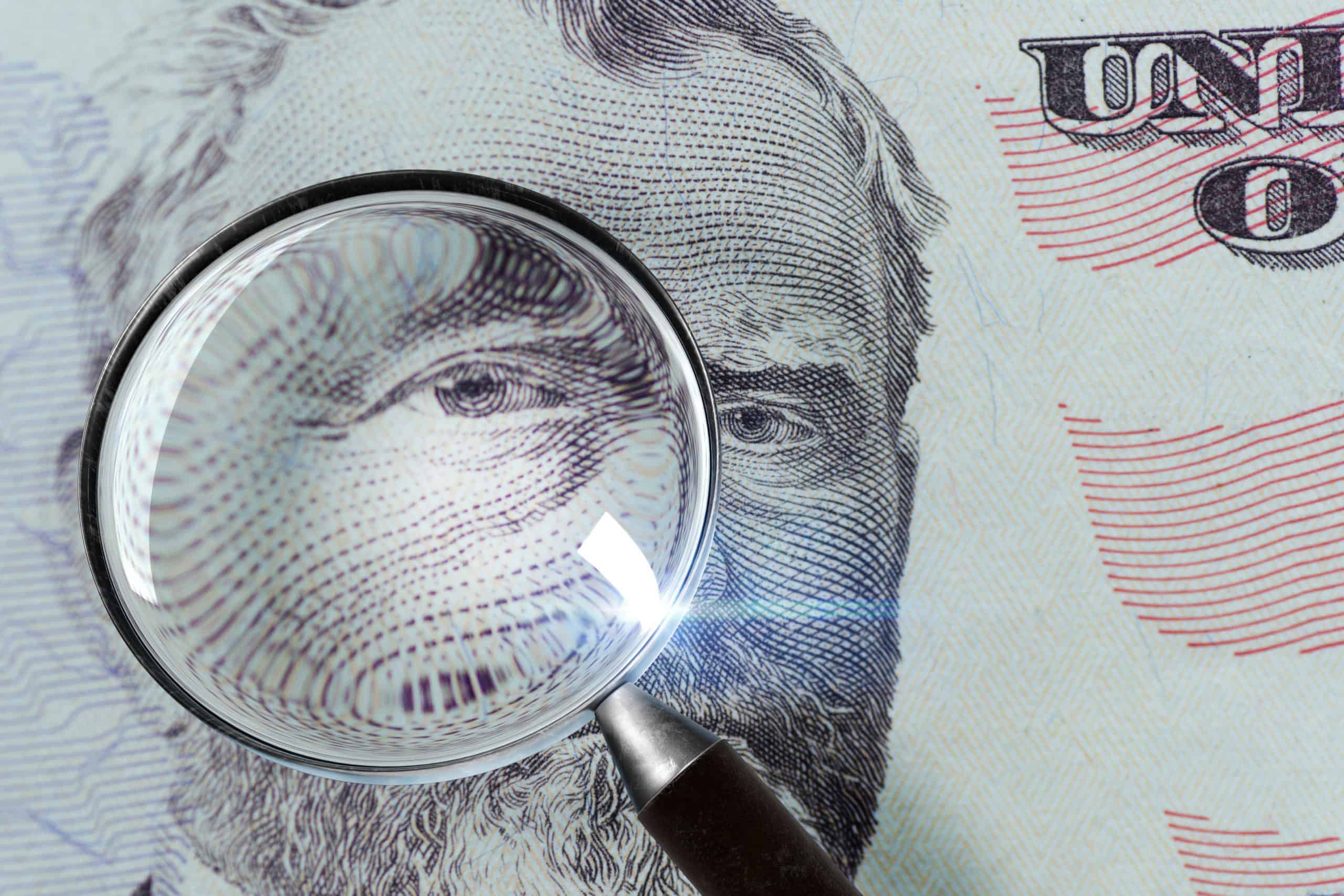Binance, the world’s largest cryptocurrency exchange by daily volume, is reportedly under new investigation by the U.S. Department of Justice and Internal Revenue Service.
According to unnamed sources cited by Bloomberg, the joint investigation stems from concerns about potential money laundering and tax evasion activity on the exchange.
Binance maintains it has “a robust compliance program that incorporates anti-money laundering principles” and suggests it has done nothing wrong.
“We take our legal obligations very seriously and engage with regulators and law enforcement in a collaborative fashion,” Binance tweeted. “We have a strong track record of assisting law enforcement agencies around the world, including in the United States.”
But Binance’s CEO, Changpeng “CZ” Zhao, seemed to shrug off the negative publicity.
“The ‘news’ title is bad. Article itself isn’t so bad actually (but who reads). It described how @binance collaborated with law enforcement agencies to fight bad players, but somehow made it look like a bad thing,” Zhao tweeted. “Anyway. Back to work.”
A history of challenges, controversy
Founded in China in 2017, Binance Ltd. would soon set sail for more hospitable regulatory climes, leaving ahead of China’s strict ban on cryptocurrency exchanges implemented the same year. Binance moved its headquarters to Japan and then opened offices in Malta, Singapore and Jersey. The company is now incorporated in the Cayman Islands and has said in previous interviews that it has no single corporate headquarters.
While it’s not clear from reports exactly what the IRS and Justice Department are investigating, bank integrity unit prosecutors from the Justice Department, and investigators with the U.S. Attorney’s Office in Seattle are involved, according to Bloomberg.
See related article: Binance Coin market cap hits new ATH, surpasses $100B
This is not the first time in recent months that Binance has become entangled with regulators. In March, the United States Commodity Futures Trading Commission (CFTC) began a separate investigation to determine if U.S. residents were illegally trading in cryptocurrency derivatives on the platform.
Services offering derivatives products tied to digital tokens in the U.S. must be registered with the CFTC in order to operate legally.
A January 2020 report by Chainalysis, a crypto investigation and analysis group that works with law enforcement, found that “Binance and Huobi lead all exchanges in illicit Bitcoin received by a significant margin.”
The report monitors flows of illicit Bitcoins used for “illicit services [that] include ransomware addresses, sanctioned entities, darknet markets, and addresses associated with scams and stolen funds.”
See related article: Digital dollar: Binance CEO warns of CBDC drawbacks
However, in a February 2021 report, Chainalysis found that though illicit crypto funds are still channeled mainly through exchanges, such activity is declining.
“In 2019, criminal activity represented 2.1% of all cryptocurrency transaction volume, or roughly $21.4 billion worth of transfers,” according to the more recent report. “In 2020, the criminal share of all cryptocurrency activity fell to just 0.34%, or $10.0 billion in transaction volume.”
The Chainalysis study seems to contradict the viewpoint of some U.S. officials, who in public statements suggest they see a massive and dark crypto underbelly. At a Senate Finance Committee hearing in January, U.S. Treasury Secretary Janet Yellen said many cryptocurrencies “are used, at least in a transaction sense, mainly for illicit financing.”
Does tomorrow’s money need traditional regulation?
Statistically speaking, government fiat is the most widely used money, so most of the world’s illicit activity is funded by the same, and not crypto.
“It does not take a consensus algorithm to know fiat crime is far larger than crypto,” Pawel Kuskowski, CEO of Coinfirm and an anti-money laundering expert, wrote in Forbes. “Taking an annual cost of $1.4 trillion (this is the lower end of the estimated scale) attributable to the legacy number, this would buy enough AK-47s to take 21 trips to the Moon if stacked end-to-end.”
See related article: Why Binance stock tokens are drawing regulatory scrutiny
Binance being the highest-volume exchange would also mean a greater likelihood of illicit Bitcoins passing through.
Henry Chong, CEO of digital securities exchange Fusang, says he believes more regulation may be needed to rein in crypto exchanges.
“The reality of the world we live in today is that money laundering happens in both fiat and crypto,” Chong said, in an interview with Forkast.News. ”That’s why I think it’s high time that the crypto industry grows up and starts to take responsibility as the guardians of tomorrow’s financial infrastructure.”
But others say they are not overly swayed by the investigation — which hasn’t led to anything yet.
“You know, headlines come and go. Daily events happen all the time,” said former CFTC chairman J. Christopher Giancarlo, in an interview with Forkast.News regarding the Binance probe. “One has to take a long-term view.”
“I don’t think one headline should distract us from the overall goal of modernizing money, whether that be non-sovereign or sovereign,” Giancarlo said.




